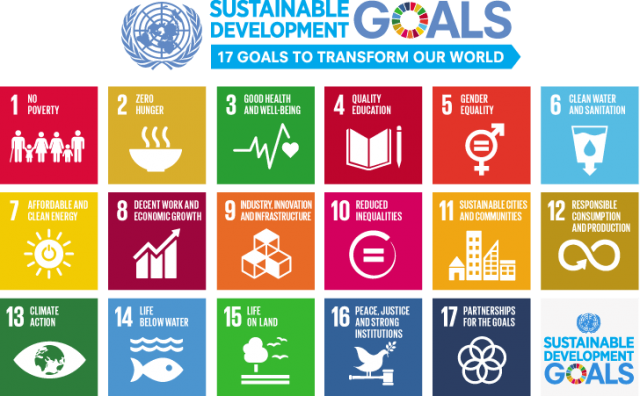UN Workshop Focuses on Sustainable Development Goals
More than 70 representatives of the Georgian government and the United Nations (UN) team in Georgia gathered in Kachreti, in the eastern region of Kakheti, for a two-day workshop to identify “bottlenecks” and “accelerators” in the country’s progress towards the Sustainable Development Goals (SDGs), the global sustainable development agenda adopted by all UN member states in 2015.
The SDGs, also known as Global Goals, are “a universal call to action to end poverty, protect the planet and ensure that all people enjoy peace and prosperity,” according to the United Nations Development Programme (UNDP), the body in charge of implementing the goals by 2030. The 17 SDGs include ensuring quality education, reducing inequalities, providing clean water and sanitation and ending hunger.
The workshop this week was opened by Kakha Kakhishvili, Head of the Government Administration and Chairman of the National SDG Council, and Louisa Vinton, who leads the UN Country Team in Georgia.
“Georgia was a pioneer in translating the SDG framework into national strategies and in establishing a tructure for SDG implementation,” Kakhisvili said. “This workshop gives us an opportunity to see how well we’re doing, what we should adjust to move faster and where Georgia might need assistance.”
Vinton added that Georgia’s “best prospects” concerning the SDGs are youth employment and rural development.
Workshop participants discussed the findings of a recent UN technical analysis conducted under the leadership of the UNDP which reviewed 55 different sectoral strategies and Georgia’s Association Agreement with the European Union to assess how well SDG targets are incorporated into national strategy, as well as how well national priority goals are funded.
Overall the findings were positive: national policies cover fully 93 percent of SDG targets that Georgia has adopted as national priorities. The EU Association Agreement itself covers fully 63 percent of all SDG targets, underlining “a need for the refinement of sectoral strategies,” according to a press statement on the workshop released by the UNDP.
In particular, alignment work is needed for four SDGs: gender equality; reduced inequalities; peace, justice and strong institutions; and partnerships for sustainable development. In terms of funding, some SDGs are significantly underfunded: while peace, education and infrastructure have larger budgets, poverty, gender equality and environmental protection and climate change receive more modest funding.
Participants agreed that better data was needed to assess challenges to full SDG implementation by 2030 and measure progress along the way.
By Lucy Papachristou
Photo Source: United Nations












